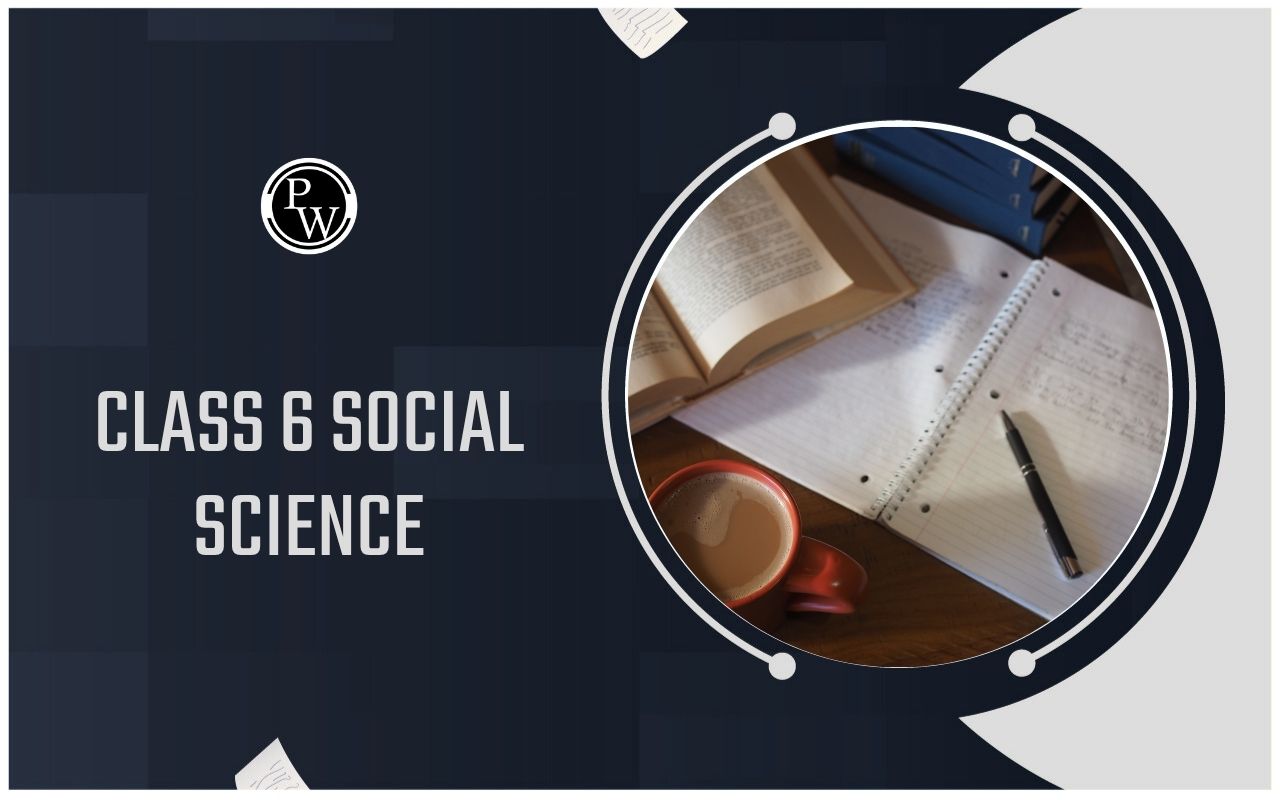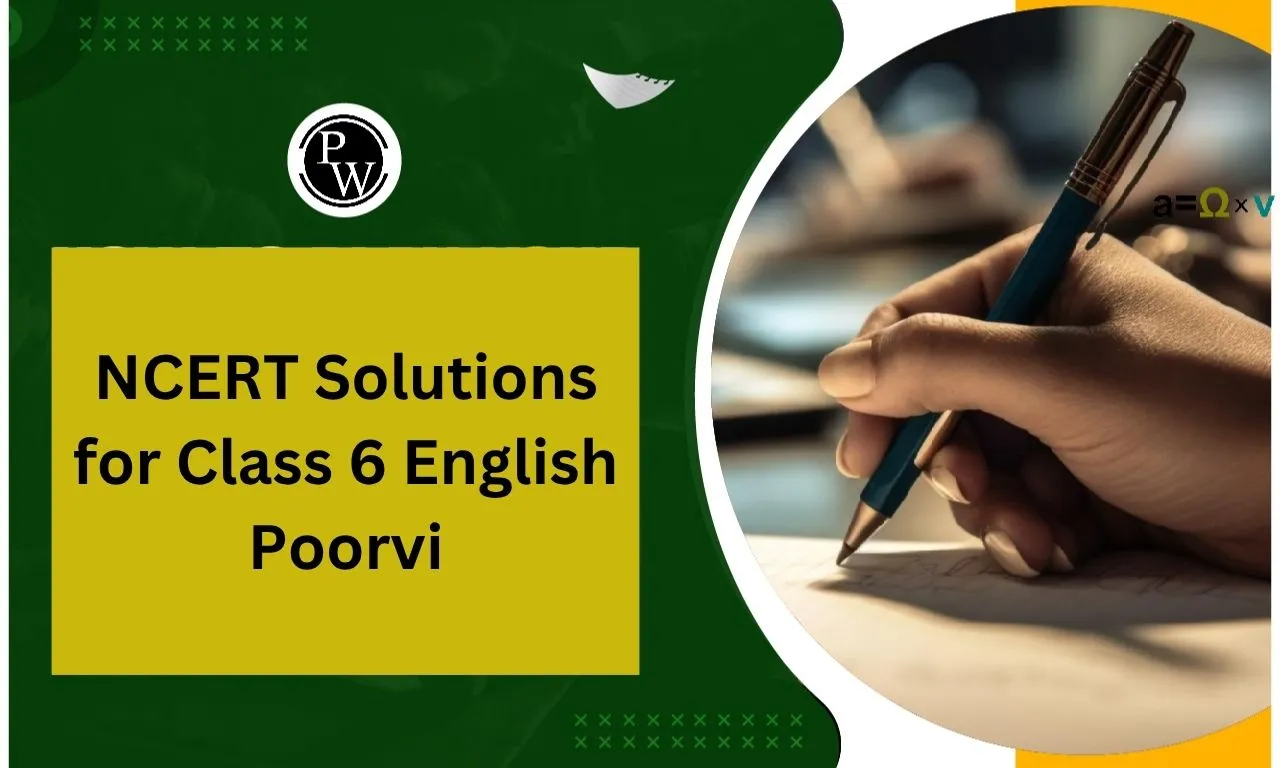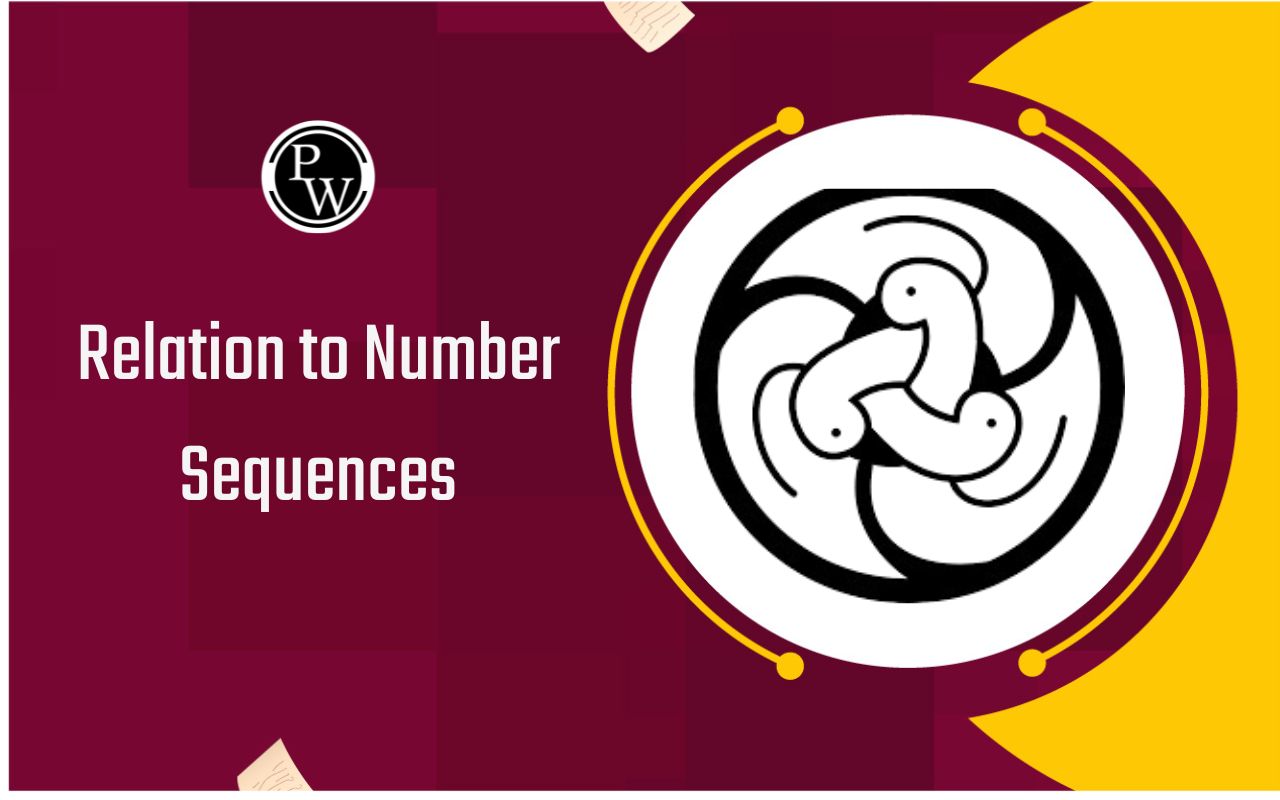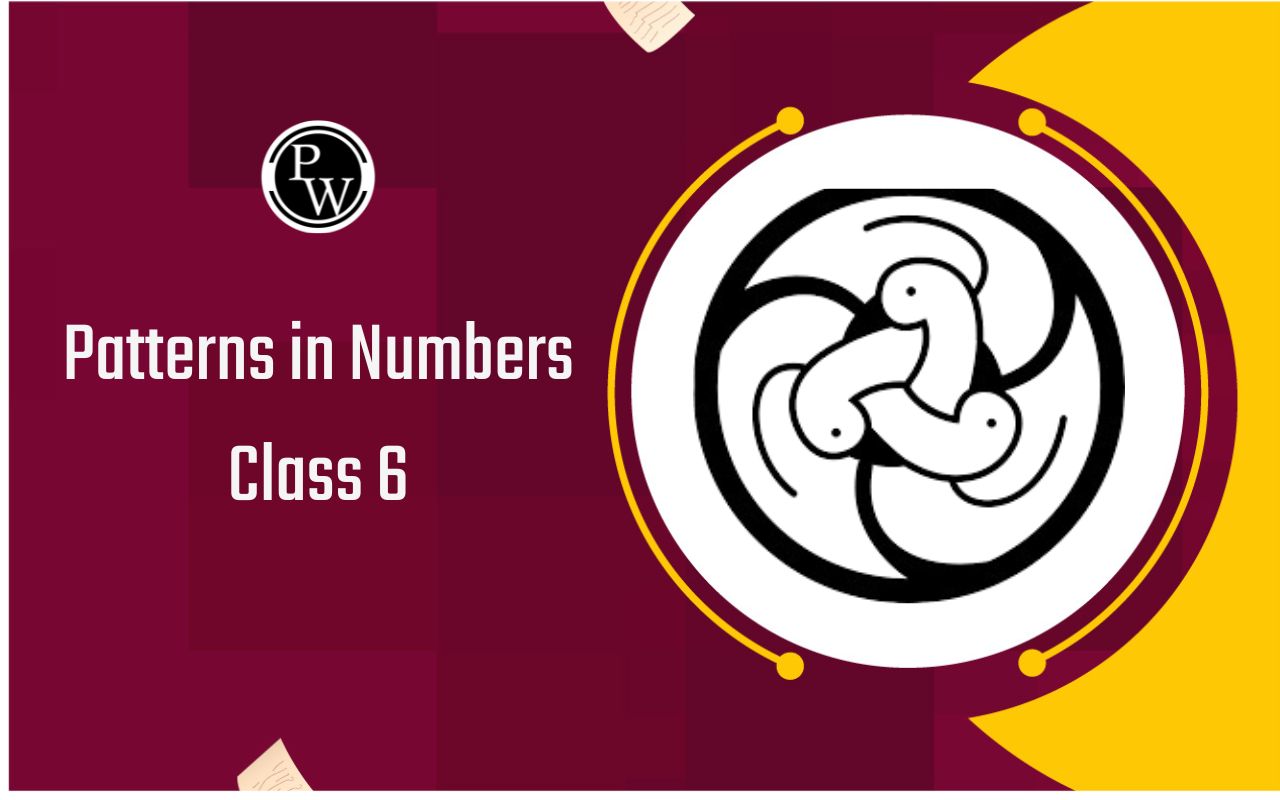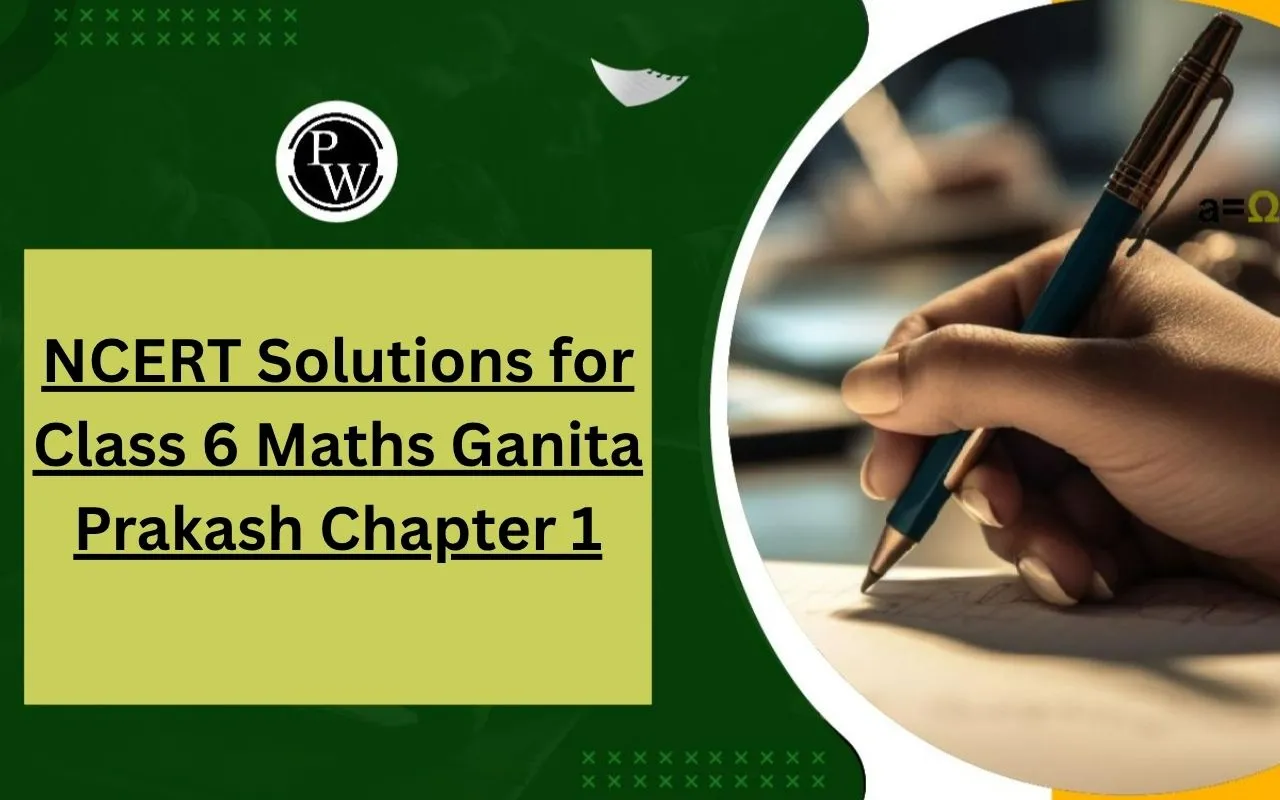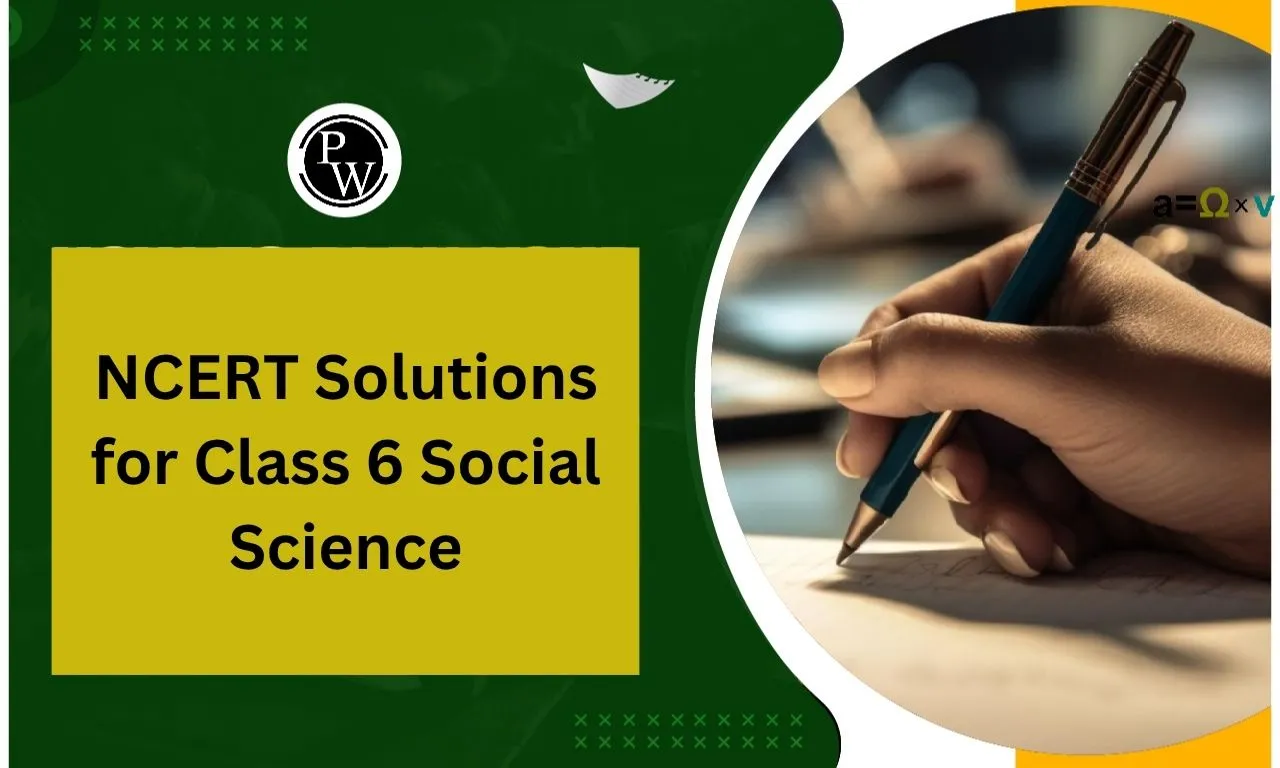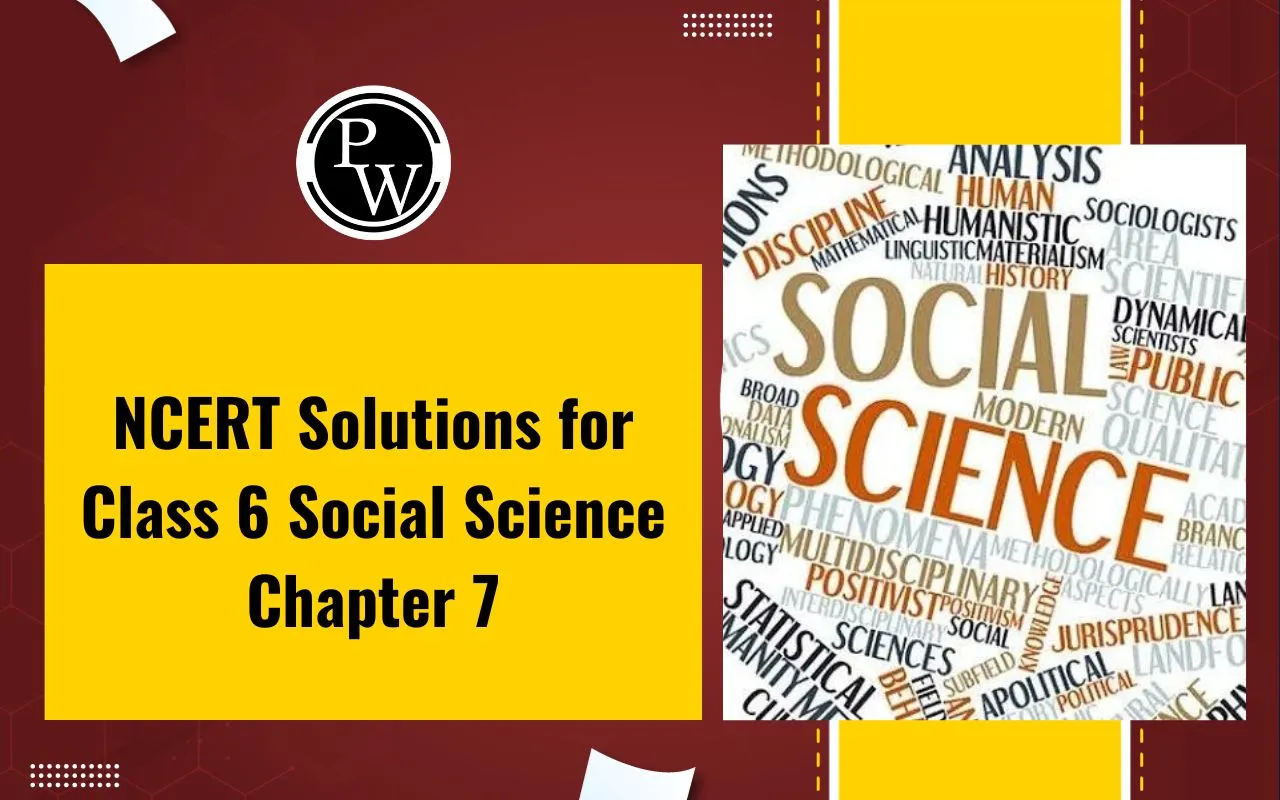
NCERT Solutions for Class 6 Social Science Civics Chapter 4
NCERT Solutions for Class 6 Social Science Civics Chapter 4 : Democracy is undoubtedly the most prevalent form of government across the world today. However, the journey towards establishing truly democratic societies has been a long and arduous one for many nations. At the core of any democratic system lie certain fundamental elements that uphold the principles of democracy and ensure people's participation in governance. In this detailed guide, we will explore the key elements that form the foundation of a democratic government as described in Chapter 4 of the NCERT Civics textbook for Class 6. Understanding these building blocks such as sovereignty of the people, free and fair elections, equality of citizens, protection of fundamental rights and duties of citizens is essential for not just students but all citizens of a democracy. To support your learning, here we present thorough NCERT Solutions for Chapter 4 of the Social Science textbook along with important questions.NCERT Solutions for Class 6 Social Science Civics Chapter 4 Overview
As students in 6th standard learning Civics, NCERT Solutions for Chapter 4 - Key Elements of a Democratic Government are crucial for grasping the fundamental components that make a governing system democratic. In this chapter, concepts such as elections, participation of citizens, protection of basic rights and independence of judiciary are discussed in detail to highlight their significance. Get an introduction to democracy for young minds. Emphasis on equality, justice, and equal access for all citizens. Also get details about democratic government's role in ensuring equality and justice for all citizens.
| CBSE Syllabus Class 6 | |
| CBSE Class 6 Science Syllabus | CBSE Class 6 Maths Syllabus |
| CBSE Class 6 Social Science Syllabus | CBSE Class 6 English Syllabus |
NCERT Solutions for Class 6 Social Science Civics Chapter 4 Key Elements of a Democratic Government
Here are the key topics from NCERT Solutions for Class 6 Social Science Civics Chapter 4 - "Key Elements of a Democratic Government." Here are the key topics covered in this chapter:1) Key Elements of a Democratic Government:
- Understanding the meaning of democracy.
- Key features of a democratic government.
- Importance of equality, freedom, and justice in a democracy.
2) Elections:
- Importance of elections in a democratic setup.
- The role of citizens in the election process.
- Overview of how elections are conducted.
3) People's Participation:
- The significance of active citizen participation in a democracy.
- Different ways citizens can participate in decision-making.
4) Accountable Government:
- Understanding the concept of accountability in a democratic government.
- How citizens can hold the government accountable.
5) Rule of Law:
- The importance of the rule of law in a democracy.
- How the rule of law ensures justice and fairness.
6) Justice and Equality:
- Understanding the concepts of justice and equality.
- The role of the government in ensuring justice and equality for all.
7) Role of the Police:
- The role of the police in maintaining law and order.
- The importance of a fair and unbiased police force.
8) Rights and Responsibilities:
- Understanding fundamental rights in a democratic society.
- The concept of responsible citizenship.
CBSE Board Exam Centre List 2024
NCERT Solutions for Class 6 Social Science Civics Chapter 4 Important Questions
Here are some important questions related to NCERT Class 6 Social Science Civics Chapter 4 - "Key Elements of a Democratic Government": 1) What is democracy? Explain its key features. Democracy is a form of government where power is vested in the hands of the people. Key features include free and fair elections, participation of citizens in decision-making, protection of fundamental rights, rule of law, and accountability of the government. 2) Why are elections important in a democratic government? Elections are crucial in a democratic government as they provide a mechanism for citizens to choose their representatives. It ensures a peaceful transfer of power, reflects the will of the people, and promotes political accountability. 3) Discuss the role of citizens in the election process. Citizens play a vital role in the election process by actively participating in voting. They have the responsibility to make informed choices, express their preferences, and hold elected representatives accountable for their actions. 4) How can citizens participate in decision-making in a democracy? Citizens can participate in decision-making through various means, such as voting in elections, expressing opinions, participating in public discussions, joining community organizations, and engaging in peaceful protests. Active civic engagement is crucial for a thriving democracy. 5) Explain the concept of accountability in a democratic government. Accountability in a democratic government means that those in power are answerable to the people. Elected representatives and officials are responsible for their actions, and citizens have the right to question, criticize, and demand transparency. 6) What is the rule of law, and why is it important in a democracy? The rule of law ensures that laws apply equally to all individuals, regardless of their status. It prevents arbitrary use of power and protects citizens' rights. In a democracy, the rule of law is essential for justice and fairness. 7) Discuss the principles of justice and equality in a democratic society. Democratic societies uphold principles of justice and equality by ensuring that laws are fair and applied impartially. All citizens, irrespective of their background, have equal rights and opportunities. 8) What role does the police play in maintaining law and order in a democratic country? The police play a crucial role in maintaining law and order in a democratic country. They ensure public safety, uphold the rule of law, investigate crimes, and protect the rights of citizens. However, they must operate within the legal framework and respect human rights. 9) Explain the concept of fundamental rights. Fundamental rights are basic rights guaranteed to citizens in a democratic country to protect their individual liberties. These rights include the right to equality, freedom of speech and expression, right to life and personal liberty, and more. 10) How can citizens hold the government accountable in a democracy? Citizens can hold the government accountable through various means, including voting, expressing opinions, participating in public protests, engaging with elected representatives, and utilizing legal channels. Transparency and an informed citizenry are key to ensuring accountability in a democracy. 11) Importance of Separation of Powers: The separation of powers is crucial in a democratic government as it ensures a system of checks and balances. This division of powers among the executive, legislative, and judicial branches prevents any single branch from acquiring excessive authority. It safeguards against potential abuses of power, promotes accountability, and upholds the rule of law. 12) Significance of the Preamble: The Preamble in a democratic constitution serves as a guiding philosophy, outlining the fundamental values and goals of the nation. It encapsulates the aspirations of the people, such as justice, liberty, equality, and fraternity. The Preamble provides a moral compass for the governance structure and helps interpret the Constitution's spirit and purpose. 13) Media's Contribution to Democracy: The media plays a crucial role in democracy by serving as a watchdog, informing citizens, and fostering public debate. It contributes to democracy by providing information, exposing corruption, and holding authorities accountable. The media shapes public opinion, facilitates the exchange of ideas, and ensures transparency in governance. 14) Role of Local Self-Government: Local self-government institutions, like panchayats and municipalities, play a vital role in democracy by decentralizing power. They empower citizens at the grassroots level, encourage local participation, and address community-specific issues. These institutions enhance democratic governance by ensuring representation and responsiveness to local needs. 15) Ensuring Independence of the Judiciary: To ensure the independence of the judiciary in a democratic country, measures include appointment through a transparent process, security of tenure, and financial autonomy. Avoiding political interference, providing adequate resources, and fostering a culture of judicial integrity are essential safeguards. 16) Direct Democracy vs. Representative Democracy: Direct democracy involves citizens directly participating in decision-making, while representative democracy entails electing officials to make decisions. Direct democracy offers more citizen involvement but can be impractical in large societies. Representative democracy is efficient but requires trust in elected representatives. 17) Concept of Political Equality: Political equality in a democratic society implies that each citizen has an equal voice and influence in political processes. It ensures that all citizens are treated with equal respect and have the same opportunities to participate in governance, regardless of socio-economic factors. 18) Education's Contribution to Democracy: Education contributes to democracy by fostering informed citizens, critical thinking, and civic responsibility. An educated populace is better equipped to engage in democratic processes, understand social issues, and make informed decisions, thus strengthening the democratic fabric. 19) Challenges in Ensuring Social Justice: Democratic governments face challenges in ensuring social justice, including addressing systemic inequalities, combating discrimination, and bridging socio-economic gaps. Balancing diverse interests and fostering inclusivity are ongoing challenges in the pursuit of social justice. 20) Role of Civil Society Organizations: Civil society organizations contribute to democracy by advocating for human rights, social justice, and accountability. They serve as a bridge between citizens and the government, monitor policies, and mobilize public participation, thereby enhancing the democratic process. 21) Safeguards for Minority Rights: Safeguards for minority communities in a democracy include constitutional protections, anti-discrimination laws, and affirmative action. Ensuring representation, promoting cultural diversity, and safeguarding minority rights through legal mechanisms are essential components of a democratic framework.NCERT Solutions for Class 6 Social Science Civics Chapter 4 Exercises
In Chapter 4 of Class 6 Social Science Civics, students explore the key elements of a democratic government. The exercises provide an opportunity to delve deeper into the concepts discussed in the chapter. Let's take a closer look at the solutions: Exercise 1: Question 1: Describe the changes in Maya's life in South Africa today. Answer: In contemporary South Africa, Maya experiences a life without discrimination, where all citizens, irrespective of their racial background, enjoy equal rights. Exercise 2: Question 1: Enumerate various methods through which people actively participate in the governance process. Answer: People engage in governance through activities like voting in elections, participating in rallies and protests, contributing to signature campaigns, and expressing their views on public platforms. Exercise 3: Question 1: Why is government intervention necessary to resolve disputes or conflicts? Answer: Government intervention is crucial to prevent conflicts from escalating into violence and chaos. It provides a structured mechanism to address disputes, ensuring fairness and preventing undue harm. Exercise 4:Question 1: What steps does the government take to ensure equal treatment for all citizens?
Answer: The government ensures equality by providing reservations in education and government jobs based on caste, aiming to uplift those who have faced historical discrimination. Exercise 5: Question 1: List key ideas about a democratic government discussed in the chapter. Answer:- Equality among citizens, regardless of caste, gender, economic status, and religion.
- Equal access to all resources for all citizens.
- Affirmative action through reservations to uplift those who faced discrimination.
NCERT Solutions for Class 6 Social Science Civics Chapter 4 PDF Download
It is crucial to have access to reliable and comprehensive resources that can aid in understanding complex concepts. With NCERT Solutions for Class 6 Social Science Civics Chapter 4 readily available for download in PDF format, students can have a deeper understanding of their government and its functioning. These solutions not only cover the textbook but also provide additional information and explanations to enhance learning. Along with this, the use of diagrams, charts and illustrations make these solutions visually appealing and easier to comprehend. So why settle for anything less when you can have the best? That's right, Physics Wallah notes and solutions are known for their thoroughness and accuracy, making them an ideal companion for any student looking to excel in Class 6 Civics. So go ahead and download the NCERT Solutions now, along with other helpful resources like Physics Wallah notes to give your academic journey a boost. After all, "It's not about being the best, it's about becoming better than you were yesterday." Happy learning!NCERT Solutions for Class 6 Social Science Civics Chapter 4 PDF Download
Key Elements of a Democratic Government Summary
The chapter "Key Elements of a Democratic Government" introduces students to the fundamental principles and aspects of a democratic government. It focuses on highlighting the key features that contribute to the functioning and success of a democratic system.1. Equality Among Citizens:
The concept of equality is a cornerstone of democracy. In a democratic government, all citizens are treated equally, irrespective of their caste, gender, economic status, or religion. The chapter emphasizes the importance of ensuring that every individual has equal access to resources and opportunities.2. Participation in Governance:
Democracy thrives on citizen participation. The chapter explores various ways in which people actively engage in the governance process. This includes participating in elections through voting, attending rallies and protests, contributing to signature campaigns, and expressing opinions on public platforms.3. Government Intervention for Conflict Resolution:
To prevent conflicts from escalating into violence, the government plays a crucial role in conflict resolution. It provides a structured mechanism for addressing disputes and ensuring fairness, contributing to the maintenance of peace and order in society.4. Affirmative Action through Reservations:
The chapter discusses affirmative action as a means of addressing historical injustices. Reservations in education and government jobs are implemented to uplift socially marginalized communities, promoting social justice and inclusivity.NCERT Solutions for Class 6 Social Science Civics Chapter 5
5. Government's Role in Ensuring Equal Treatment:
The government takes steps to ensure equal treatment for all citizens. Reservations based on caste are among the measures employed to uplift those who have faced discrimination, promoting a more inclusive society.6. Active Citizenry:
Highlighting the democratic principle of active citizenry, the chapter encourages individuals to actively participate in decision-making processes. This involvement is seen as vital for the overall success and sustainability of a democratic government.7. Democracy's Emphasis on Key Ideas:
The chapter concludes by summarizing the key ideas of a democratic government, emphasizing the principles of equality, citizen participation, and affirmative action for social justice. In essence, "Key Elements of a Democratic Government" serves as a foundational guide for students, introducing them to the essential principles that underpin democratic societies and the active roles citizens play in shaping their governance.Benefits of Choosing Physics Wallah's NCERT Solutions for Class 6 Social Science Civics Chapter 4
- Conceptual Clarity: Physics Wallah's content is designed to provide students with a clear understanding of complex physics concepts. The platform focuses on building a strong foundation in physics principles.
- Comprehensive Resources: Physics Wallah offers a variety of resources, including video lectures, study materials, and practice questions, to comprehensively cover the physics syllabus. This can be particularly beneficial for exam preparation.
- Experienced Educators: The platform is led by experienced educators, such as Alakh Pandey, who is known for his engaging teaching style. Students may benefit from the expertise of qualified instructors.
- Accessibility: Physics Wallah's resources are often available online, making them easily accessible to students. This flexibility allows learners to study at their own pace and revisit topics as needed.
- Focus on Competitive Exams: Physics Wallah also provides content and guidance for various competitive exams, which can be advantageous for students aspiring to excel in physics-related entrance tests.
NCERT Solutions for Class 6 Social Science Civics Chapter 4 FAQs
What changes does Maya experience in South Africa today?
In contemporary South Africa, Maya experiences a life without discrimination. All citizens, regardless of their racial background, now enjoy equal rights.
How can people participate in the governance process?
People participate in governance through various means:
Voting in elections
Engaging in rallies and protests
Contributing to signature campaigns
Expressing their views on public platforms
Why is government intervention necessary for conflict resolution?
Government intervention is essential to prevent conflicts from escalating into violence. It provides a structured mechanism for resolving disputes, ensuring fairness and preventing undue harm.
What steps does the government take to ensure equal treatment for all citizens?
The government ensures equality by providing reservations in education and government jobs based on caste. This is done to uplift the social status of those who have faced historical discrimination.
What are the key ideas about a democratic government discussed in the chapter?
Equality among citizens, irrespective of caste, gender, economic status, and religion.
Equal access to all resources for every citizen.
Affirmative action through reservations to uplift historically marginalized communities.
Talk to a counsellorHave doubts? Our support team will be happy to assist you!

Check out these Related Articles
Free Learning Resources
PW Books
Notes (Class 10-12)
PW Study Materials
Notes (Class 6-9)
Ncert Solutions
Govt Exams
Class 6th to 12th Online Courses
Govt Job Exams Courses
UPSC Coaching
Defence Exam Coaching
Gate Exam Coaching
Other Exams
Know about Physics Wallah
Physics Wallah is an Indian edtech platform that provides accessible & comprehensive learning experiences to students from Class 6th to postgraduate level. We also provide extensive NCERT solutions, sample paper, NEET, JEE Mains, BITSAT previous year papers & more such resources to students. Physics Wallah also caters to over 3.5 million registered students and over 78 lakh+ Youtube subscribers with 4.8 rating on its app.
We Stand Out because
We provide students with intensive courses with India’s qualified & experienced faculties & mentors. PW strives to make the learning experience comprehensive and accessible for students of all sections of society. We believe in empowering every single student who couldn't dream of a good career in engineering and medical field earlier.
Our Key Focus Areas
Physics Wallah's main focus is to make the learning experience as economical as possible for all students. With our affordable courses like Lakshya, Udaan and Arjuna and many others, we have been able to provide a platform for lakhs of aspirants. From providing Chemistry, Maths, Physics formula to giving e-books of eminent authors like RD Sharma, RS Aggarwal and Lakhmir Singh, PW focuses on every single student's need for preparation.
What Makes Us Different
Physics Wallah strives to develop a comprehensive pedagogical structure for students, where they get a state-of-the-art learning experience with study material and resources. Apart from catering students preparing for JEE Mains and NEET, PW also provides study material for each state board like Uttar Pradesh, Bihar, and others
Copyright © 2026 Physicswallah Limited All rights reserved.
